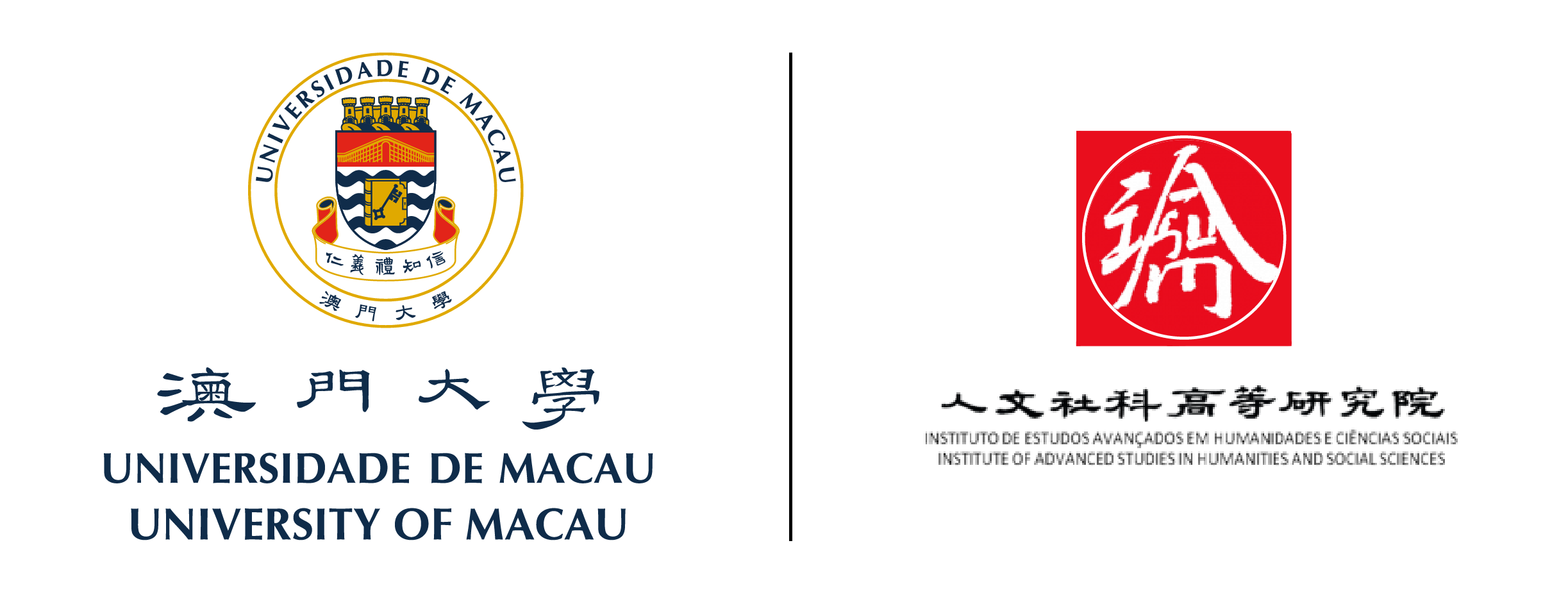The IAS has launched three Signature Research Clusters (SRCs). By means of top-down design, the IAS will invite internal scholars with research achievements to be the principal investigators of these three SRCs, responsible for carrying out sub-projects centred around the themes. Through this kind of cross-disciplinary and collaborative teamwork between humanities and sciences, the IAS hopes to make landmark academic achievements with far-reaching impacts. Each SRC is overseen by a vice rector who is assisted by a steering committee appointed by him/her.
With the aid of the steering committee, the vice rector concerned will select or organise sub-projects for the respective SRC. Professors can also recommend their research projects to the vice rector. The sub-projects will be proposed by the vice rector to the Academic Committee for deliberation and approval before submission to the Advisory Committee for confirmation. Upon formal approval, the IAS will announce the sub-projects on its official website and also facilitate the subsequent execution and outcome reporting. Funding for the sub-projects comes from various sources, internal or external. The IAS generally provides basic research subsidies for the sub-projects. However, it may allocate more funding to strategic or forward-looking sub-projects as appropriate.
Chinese Culture in Diverse Cultural Environment
The IAS examines, from the perspective of humanities and social sciences, how Macao can evolve into a platform for cultural exchange that emphasises Chinese culture while also embracing multiculturalism. It will work closely with the Faculty of Arts and Humanities, the Faculty of Social Sciences, the Faculty of Law, the Faculty of Business Administration, the Faculty of Education, the Centre for Chinese History and Culture, the Confucius Institute and other units to create synergies.
Objectives:
- To enrich the Chinese culture in Macao and make it more vibrant and creative;
- To construct globally applicable Chinese narratives in a multi-cultural context; and
- To develop UM into a Chinese culture powerhouse of the world outside mainland China.
New Opportunities at the Intersection of Humanities and Sciences
The IAS explores the ethical, legal, societal, business and other humanities issues arising from the development of science and technology (S&T), closely integrating the research with the UM’s state key laboratories and the newly established cross-disciplinary scientific research focuses such as brain sciences, artificial intelligence and big data studies. It will work closely with the Institute of Collaborative Innovation, the Faculty of Arts and Humanities, the Faculty of Social Sciences, the Faculty of Law, the Faculty of Business Administration, the Faculty of Education, the Faculty of Science and Technology, the Faculty of Health Sciences and other units to create synergies.
Objectives:
- To promote dialogues between humanities and S&T;
- To explore cutting-edge topics that integrate humanities and sciences; and
- To create synergies between humanities and sciences.
Macao Studies from a Global Perspective
By constructing new narratives of the history of Macao that connect its past to its present, the IAS explores the socio-cultural evolution of Macao and studies the key topics related to its social stability and economic development. It will work closely with the Faculty of Arts and Humanities, the Faculty of Social Sciences, the Faculty of Law, the Faculty of Business Administration, the Faculty of Education, the Faculty of Science and Technology, the Faculty of Health Sciences, the Centre for Macau Studies and other units to create synergies.
Objectives:
- To provide research-based intellectual support for policy making in the areas of law, education, business, and culture in Macao;
- To enhance the understanding of Macao from a comparative, inter-disciplinary and global perspective; and
- To promote inter-disciplinary studies of Macao.

